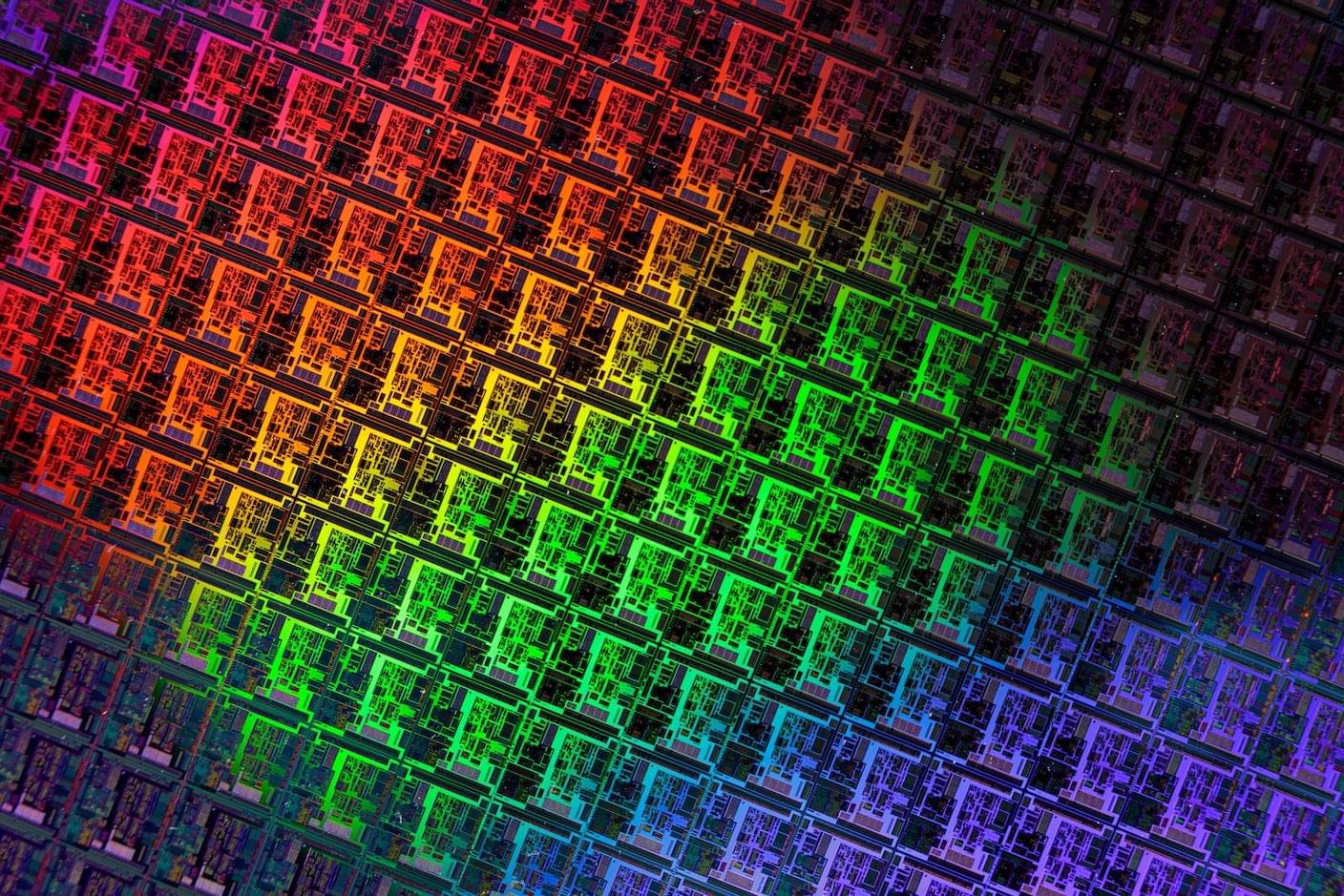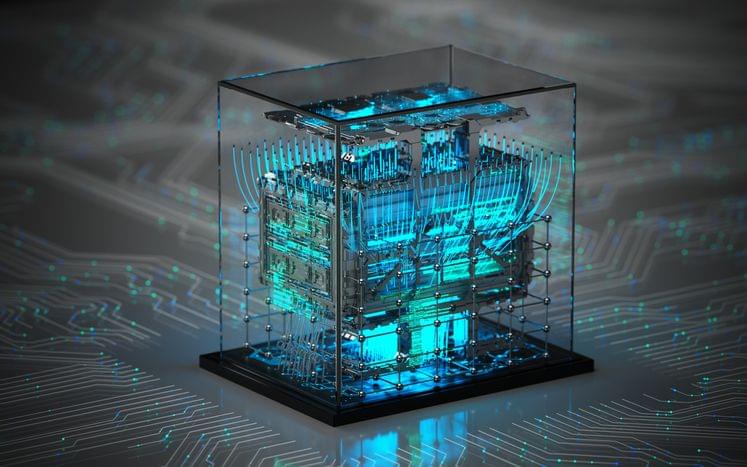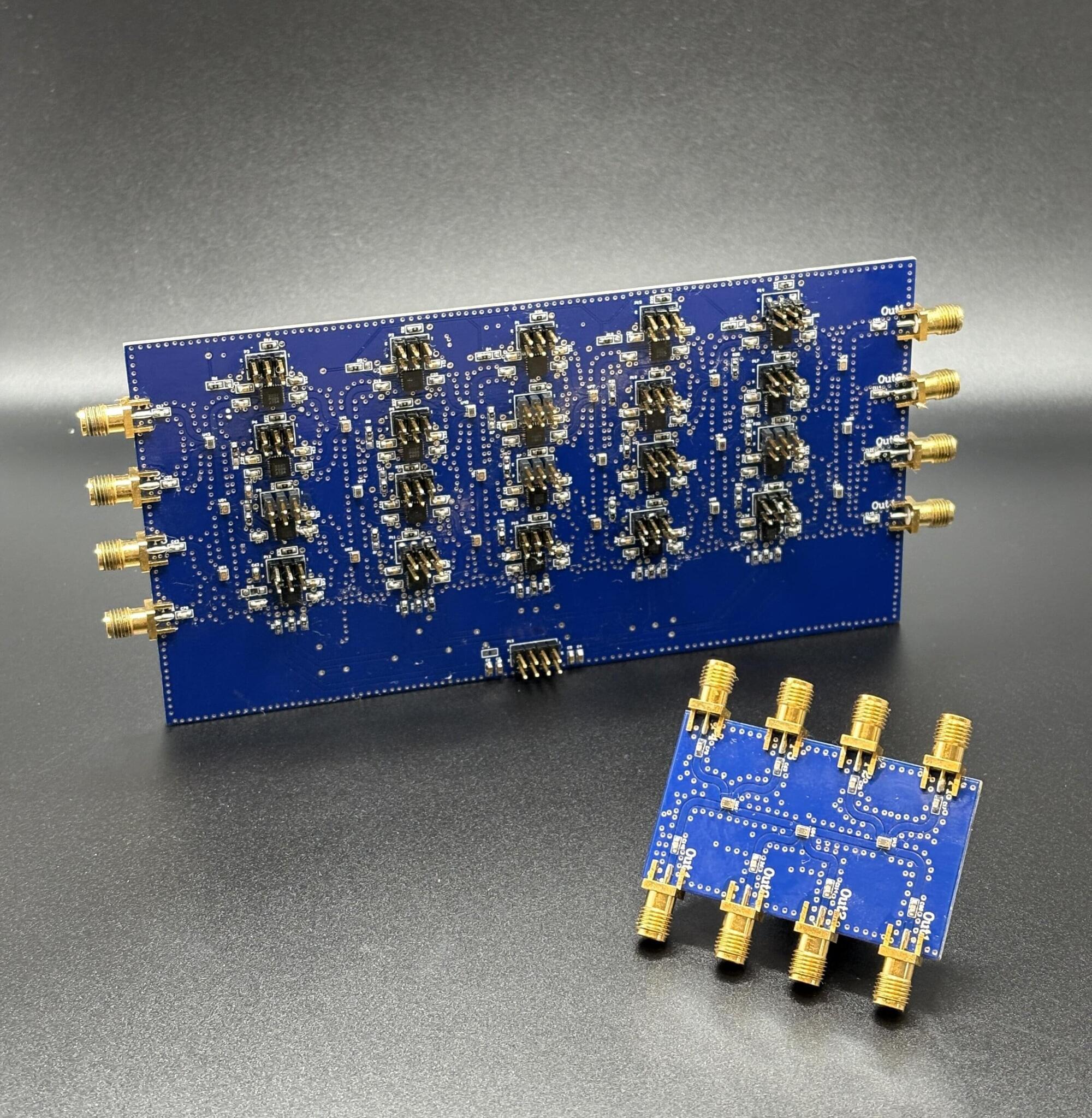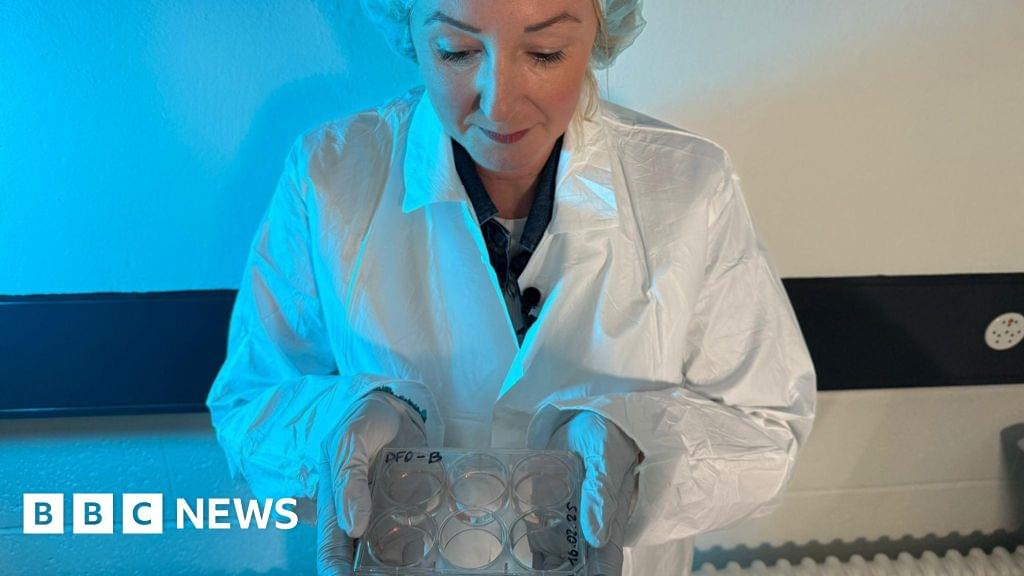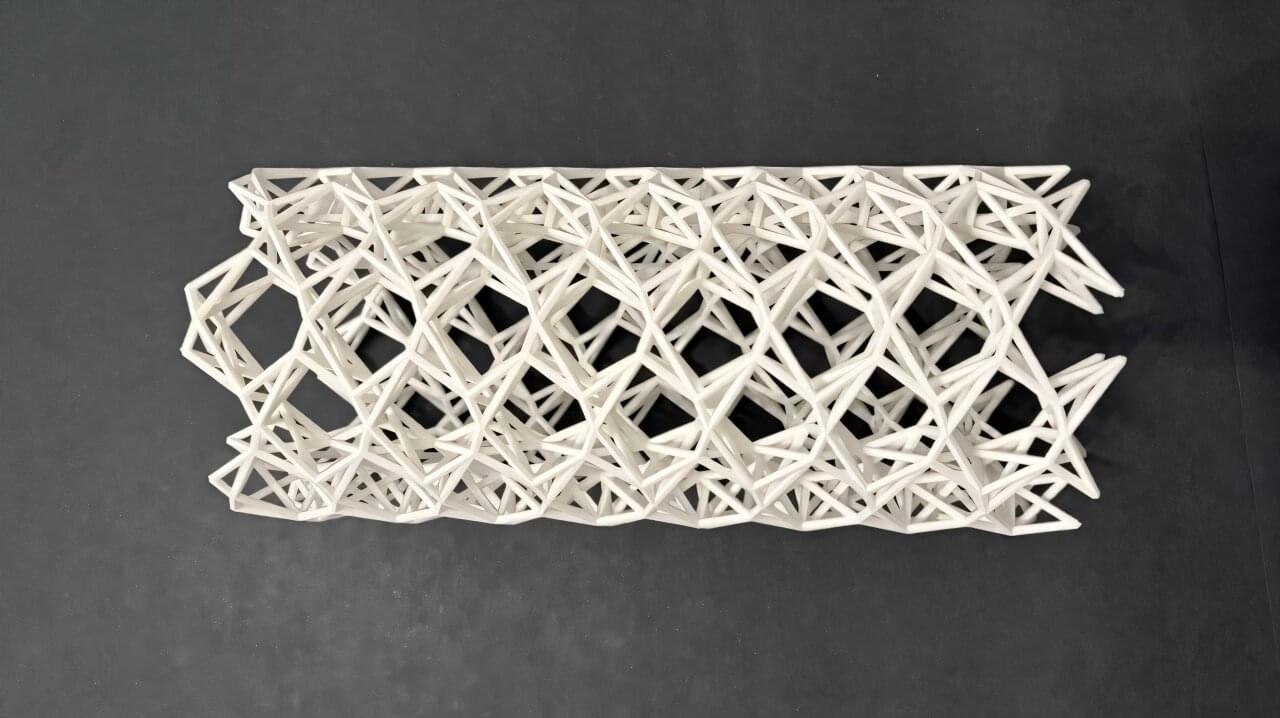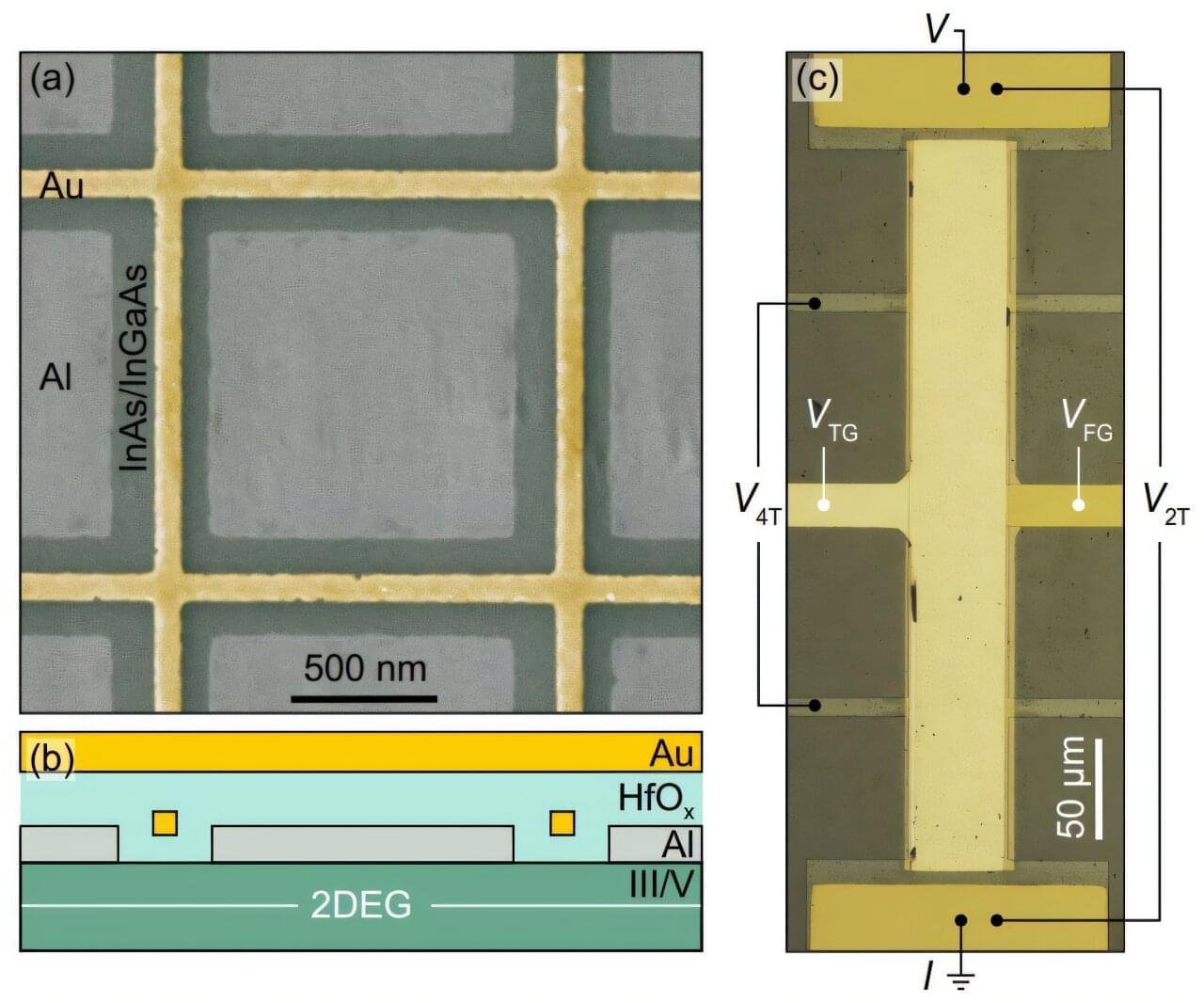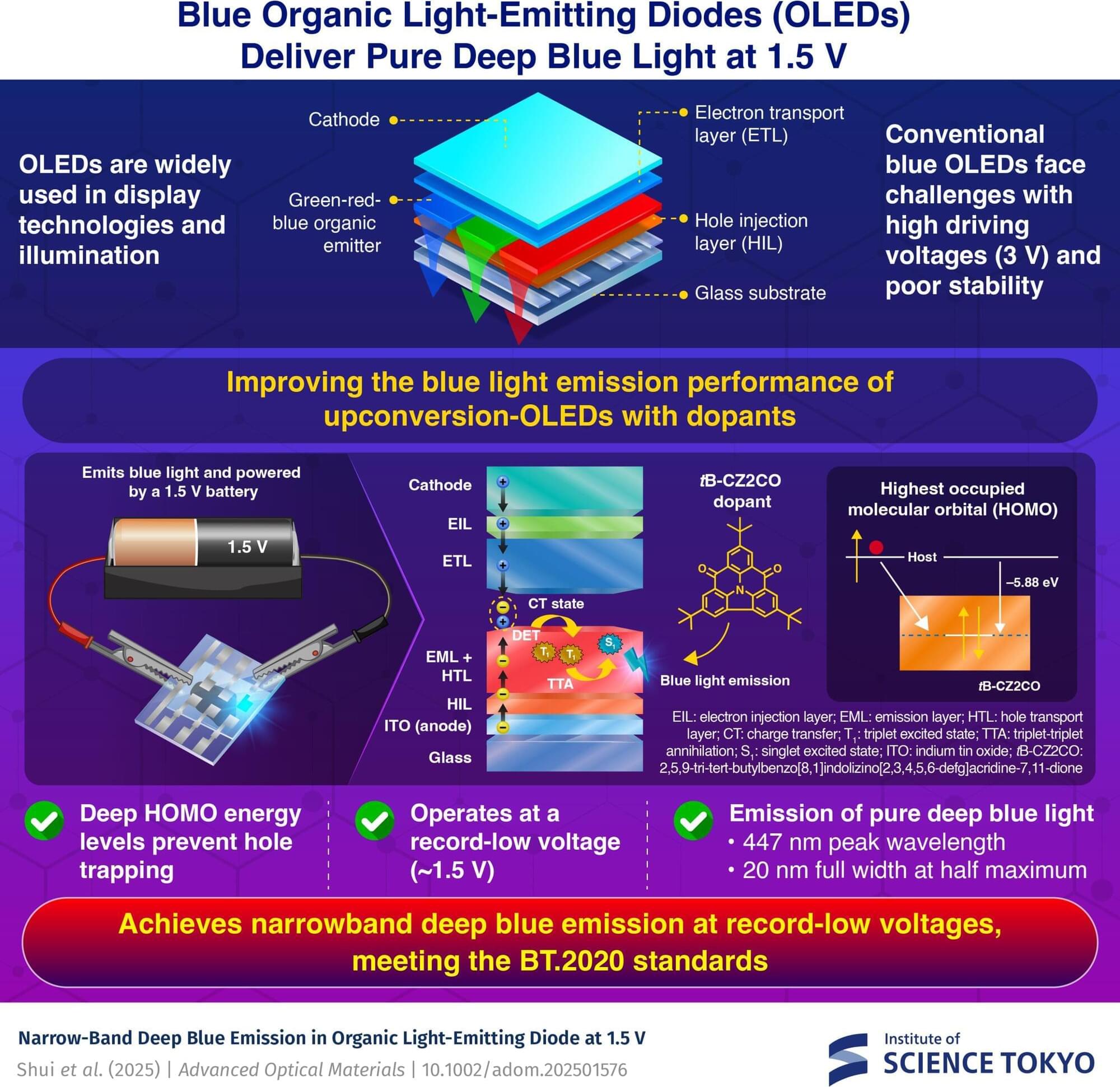People tend to think of quantum materials—whose properties arise from quantum mechanical effects—as exotic curiosities. But some quantum materials have become a ubiquitous part of our computer hard drives, TV screens, and medical devices. Still, the vast majority of quantum materials never accomplish much outside of the lab.
What makes certain quantum materials commercial successes and others commercially irrelevant? If researchers knew, they could direct their efforts toward more promising materials—a big deal since they may spend years studying a single material.
Now, MIT researchers have developed a system for evaluating the scale-up potential of quantum materials. Their framework combines a material’s quantum behavior with its cost, supply chain resilience, environmental footprint, and other factors.

